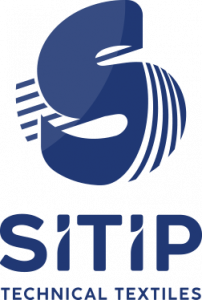Sustainability
“Sitip for Sustainable Growth"
Sitip looks to the future. This is why it has committed over the years to investing in greener production plants and solutions, positioning itself as a reliable partner within a sustainable supply chain and, more generally, pursuing concrete actions in line with the UN’s Sustainable Development Goals.
Sustainable development is a long and continuously evolving process that requires an ongoing commitment in terms of resources, innovation and collaboration within the production chain.
Sitip’s sustainability strategy stems from the need to rethink any business field in a “green” perspective, based on a development model based on innovative technologies that allow the company to derive benefits in terms of economic, social and environmental sustainability.
The UN Sustainable Development Goals for Sitip
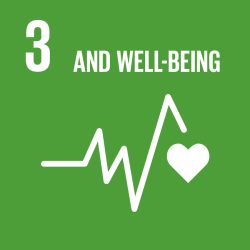
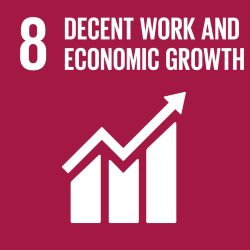

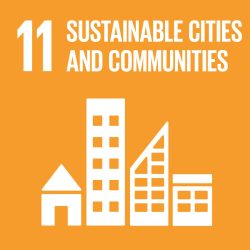
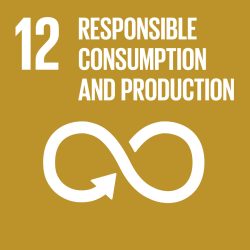

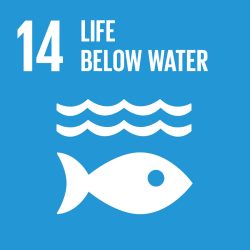
Structural investments
For many years, Sitip’s sustainability strategy has focused on reducing emissions and optimizing the use of resources through the following actions:
- 1.5 MWh cogeneration plant.
- Photovoltaic plants with capacity of 1 MWh in 2023 and plans to reach approximately 2 MWh by 2024.
- Wet electrofilters for over 200,000 m3 of treated air per hour.
- Ram-air heat exchangers for energy recovery.
- Water-efficient dyeing machinery.
- Planned construction in 2024 of a wastewater treatment plant to remove over 2,000 m3 of pollutant loads per day.
- Complete revamping of the LED lighting system.
- Completion of the real-time energy carrier monitoring system with analysis software.
- Electric vehicle charging stations.
Sustainable production
The company has rolled out various systems to control the sustainability of the raw materials and substances used in its production processes. These systems involve the entire supply chain and ensure excellent product traceability, from the raw material to the finished product.
To meet the need for sustainability, Sitip has:
- Implemented an environmental management system in accordance with the UNI EN ISO 14001 standard.
- Started using chemicals with a lower environmental impact in accordance with international standards like BLUESIGN® and OEKO-TEX® and joined the ZDHC gateway.
- Combined the traditional synthetic yarns with certified recycled yarns, in compliance with the GRS standard.
- The separation, recovery and reuse of materials also through external companies.
- The reduction of the use of virgin raw materials.
- Developed the NATIVE Sustainable Textiles range of fabrics, made with recycled yarns and chemicals with a low environmental impact.
- Introduced eco-design with continuous research for the development of new sustainable production practices.
- Joined the Alcantara S.p.A. Carbon Neutrality Partnership to develop carbon neutral products and services supplied to Alcantara® through a rigorous process of measuring, reducing and offsetting the CO2 deriving from the production process, via verified and certified projects.
